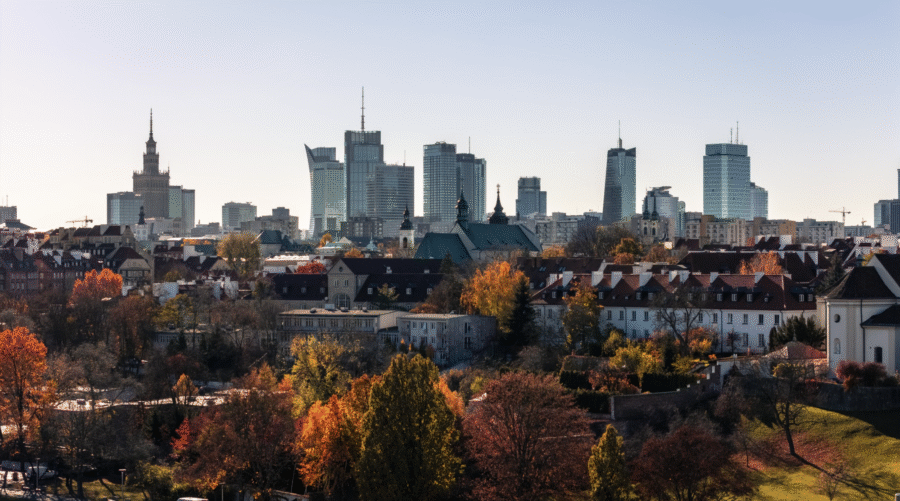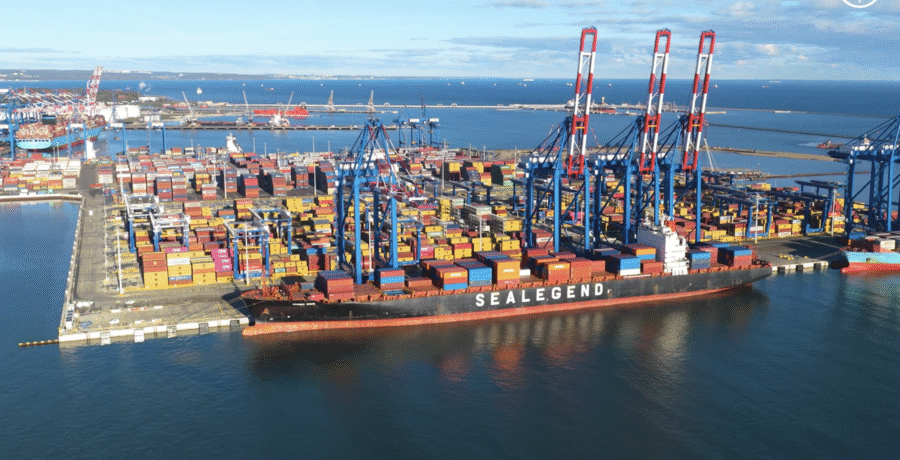A decade ago, the suggestion that Poland might one day outpace the United Kingdom economically would have sounded fanciful. Today, it is being voiced in the British parliament. Conservative MP Robert Jenrick has argued that Poland is on track to surpass the UK in GDP per capita within ten years if current trends persist, and some economists say that scenario is no longer unrealistic.
According to the latest World Bank data, the UK’s GDP per head is currently just over 60,000 US dollars. Poland’s is around 50,000. The gap remains, but it is dramatically smaller than it was at the turn of the century, when Britain’s earning power far outweighed that of the newly post-communist economy.
Before, many young, educated Poles came to Britain because wages at home were too low to match their qualifications. Today, the situation looks very different. Poland has spent the past three decades pursuing aggressive economic reforms. Corporate tax rates are comparatively low, foreign investment has been actively courted, and special economic zones have helped attract manufacturing and technology firms. The result has been a long stretch of uninterrupted GDP growth, interrupted only briefly during the pandemic.
Meanwhile, Britain’s economic momentum has slowed. Growth per capita since the financial crisis has been sluggish, hovering at under one per cent annually. Rising living costs, stagnant productivity and ongoing political instability have added pressure to the economy.
Unemployment figures underscore the contrast. While the UK’s jobless rate sits close to five per cent, Poland’s hovers near three per cent, among the lowest in the European Union.
Jenrick argues that Poland’s success stems from long-term strategic planning and the willingness of its leaders to prioritise sustained growth. Britain, he warns, has grown accustomed to assuming prosperity rather than actively working for it.
Economists are cautious, however. Poland still faces structural challenges, including demographic decline, wage pressures and dependence on foreign investment. The UK, for its part, retains significant advantages in services, finance, research and higher education.
Yet the underlying message is difficult to ignore: Europe’s economic map is shifting. The story of “old West rich, new East catching up” is no longer simply a matter of potential; it is, increasingly, a measurable reality. Whether the UK responds with renewed economic ambition may determine whether Jenrick’s timeline becomes prophecy.
Source: Telegraph
Photo: X/@RobertJenrick
Tomasz Modrzejewski









